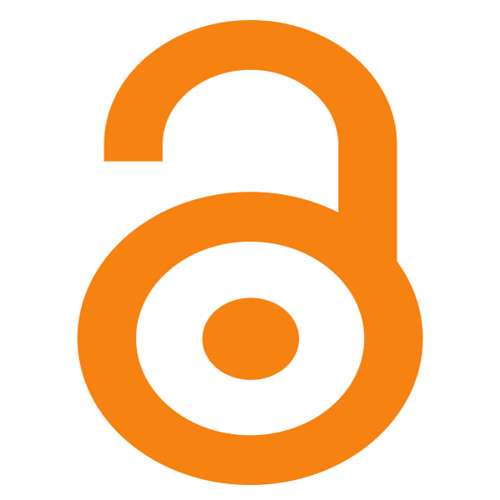
To Open Access or Not?
Read a summary or generate practice questions using the INOMICS AI tool
‘Open Access’ has been a bit of a buzzword in academic circles over the last couple of years. Its rise to popularity has come from a combination of factors including the increased price to access academic journals, as well as increased access to the internet, which has had the effect of speeding up the rate at which information travels.
The Directory of Open Access Journals (DOAJ) defines ‘Open Access’ as “journals that use a funding model that does not charge readers or their institutions for access,” which encompasses both ‘self-archiving’ and ‘gold access’ publishing. The former is done by an author uploading their work on a website accessible to the public whereas the latter is a model whereby the author pays to submit their article to an established journal which will then be accessible to the public.
The first and foremost issue in the fight against ‘Open Access’ is the journal industry, which stands to lose everything. A spokesperson from Elsevier went as far as pointing to stagnant library budgets and increasing global investment in R&D as a potential cause of the gap between information available and information affordable to libraries, a situation thus out of the journal industry’s control.
In addition to journals, the cost of creating an accessible and financially viable open access space for high quality articles is not a cheap endeavour. The Finch Report – commissioned by the British Government – estimated GBP38m per year in publishing fees alone just during the transition period plus the additional funds (approx. GBP15m) to extend journal licencing and upgrade infrastructure. The numbers are certainly dependent on the model chosen, in that a gold access model would at least generate some income whereas self-archiving may or may not.
To further this argument, the scientific journal ‘Nature,’ which already offers a gold access subscription,references the hard cost of editors, peer-review organizers, and online storage, which all play an expensive role in the publication of academic articles. They estimate the cost in an entirely open access situation to be as much as $10,000 per article in major (scientific) journals.
The second issue is quality. Published journals have stringent guidelines for peer-reviews to ensure every published article is of a certain academic quality, which is not something most academics would like to see the demise of or a perceived demise of. DOAJ, however, includes in its journal submission guidelines that only journals engaged in peer review practices are to be included in their directory. This is less of an issue for the gold access form of Open Access, but certainly arises in the context of self-archiving, where users can upload both published and unpublished works, depending naturally on where it is uploaded.
Arguments in favour of Open Access are based on a number of factors. Firstly, the cost of many major journals is rising above what people are willing to pay. Even prestigious and wealthy universities like Harvard are in a crunch at these costs. The rise in price is due in part by the increased need for online versions and the increase in printing costs, but also, as mentioned above, the amount of research being conducted.
Others argue for Open Access as a matter of ethics. Many people argue that the public should have access to publicly funded research. The British Government, for example, has listened to this argument and is underway in their efforts to make public research more accessible with the help of Wikipedia Founder Jimmy Wales. Another professor involved in the Finch Report added that “universities produce knowledge not for ourselves but because it has a greater good.”
Despite the UK’s forward thinking on the matter, there is always the issue of reciprocity, eg. If the UK allows its research to be available openly are they still going to have to pay for work done by British scholars abroad and work done abroad by foreign scholars? Short answer: yes, unfortunately. In order for open access to work, it would need to be available in all countries to all scholars, which is a tall order.
There are a number of online platforms where self-archiving is both available and encouraged which are becoming more popular amongst academics, but it is a slow process to change the opinions of scholars worldwide and to go up against the entire journal industry. Until then, DOAJ lists a total of 184 Economics journals already in their database!
Photo Credit: AJC1
-
- Professional Training Course
- (Online)
- Posted 5 years ago
Data Mining and Analysis
at Stanford University in United States
-
- Conference
- Posted 7 months ago
2nd world Conference on Data Science & Statistics (Data Science Week 2024)
Between 17 Jun and 19 Jun in Amsterdam, Netherlands -
- Professional Training Course
- (Online)
- Posted 4 years ago
Macroeconomics: An Introduction
at University of Oxford in United Kingdom











